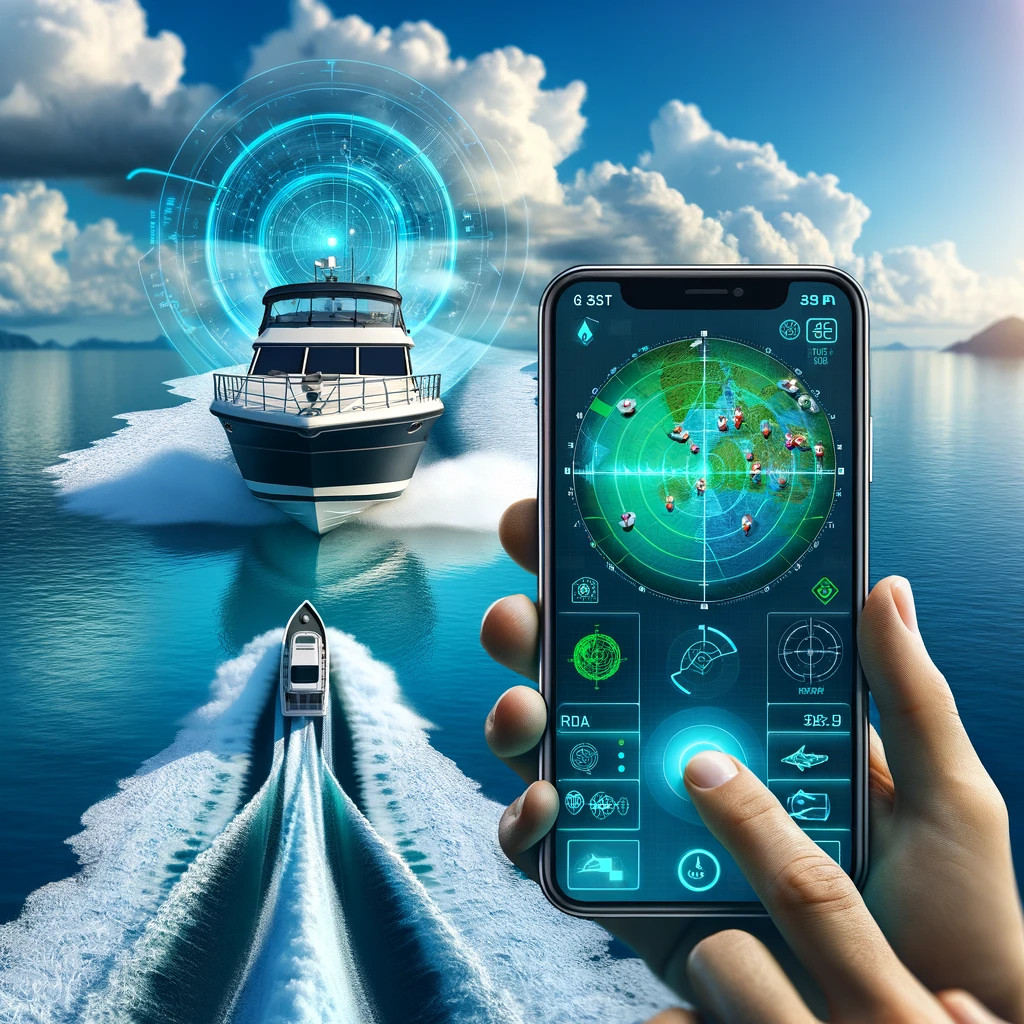Introduction: Welcome to our blog, where we share knowledge and experiences about the world of navigation. In this post, we will explore two of the most important and widely used navigation tools: GPS and radar. Both devices are essential for ensuring safe and accurate navigation, but they have different features and functions that make them unique. Join us as we compare GPS and radar to find out which one is more suitable for your nautical needs.
1. What is GPS? The Global Positioning System (GPS) is a satellite-based technology that provides precise information about location and time anywhere in the world. Sailors use GPS to determine their exact position at sea, plot routes, and receive data on speed and direction.
Advantages of GPS:
- Accuracy: GPS offers exceptional location accuracy, allowing sailors to know their exact position at all times.
- Ease of use: GPS devices are user-friendly and typically include clear, functional displays that show maps and routes.
- Global coverage: It works anywhere in the world, making it an invaluable tool for oceanic navigation.
- Integration with other systems: It can integrate with other onboard electronic devices, such as autopilot and depth sounders.
Disadvantages of GPS:
- Dependence on satellites: GPS relies on satellite signals, which can be affected by atmospheric interference or physical obstructions.
- Vulnerability to technical failures: Like any electronic device, GPS can experience technical failures that might leave the sailor without position data.
2. What is Radar? Radar (Radio Detection and Ranging) is a technology that uses radio waves to detect objects and determine their distance and relative speed. In navigation, radar is used to identify and avoid obstacles, such as other boats, buoys, and coastal formations, especially in low visibility conditions.
Advantages of Radar:
- Object detection: Radar can detect solid objects in the water, even in low visibility conditions such as fog, heavy rain, or darkness.
- Safety in navigation: It helps avoid collisions by providing information on the location and movement of other boats and obstacles.
- Independence from weather: Unlike GPS, radar does not depend on satellite signals and is less susceptible to atmospheric interference.
Disadvantages of Radar:
- Complexity of use: Radar systems can be more complex to operate and require training to correctly interpret the screen images.
- Limited range: While radar is effective for detecting nearby objects, its range may be limited compared to the global coverage of GPS.
- Interference: Radar can be affected by interference from other electronic devices and extreme environmental conditions.
3. Which to Choose: GPS or Radar? The choice between GPS and radar largely depends on the specific needs of the sailor and the type of navigation being performed. Here are some recommendations to help you decide:
- For coastal and offshore navigation: GPS is indispensable for plotting precise routes and knowing your exact position at all times. Its integration with other navigation systems makes it a versatile and essential tool.
- For navigation in low visibility conditions: Radar is crucial for safety, as it can detect and avoid obstacles in conditions where GPS might not provide sufficient visual information.
- For recreational sailors: If your navigation is primarily recreational and in favorable conditions, a good GPS system might suffice for most of your needs.
- For commercial and professional sailors: The combination of GPS and radar is ideal, providing complete coverage for both route planning and obstacle detection and safety.
Conclusion: Both GPS and radar are essential tools in modern navigation. Each has its own advantages and limitations, and ideally, they should be used complementarily to ensure safe and efficient navigation. We hope this comparison has provided you with a better understanding of both systems and helps you make informed decisions about the right navigation equipment for your needs. Happy sailing!


